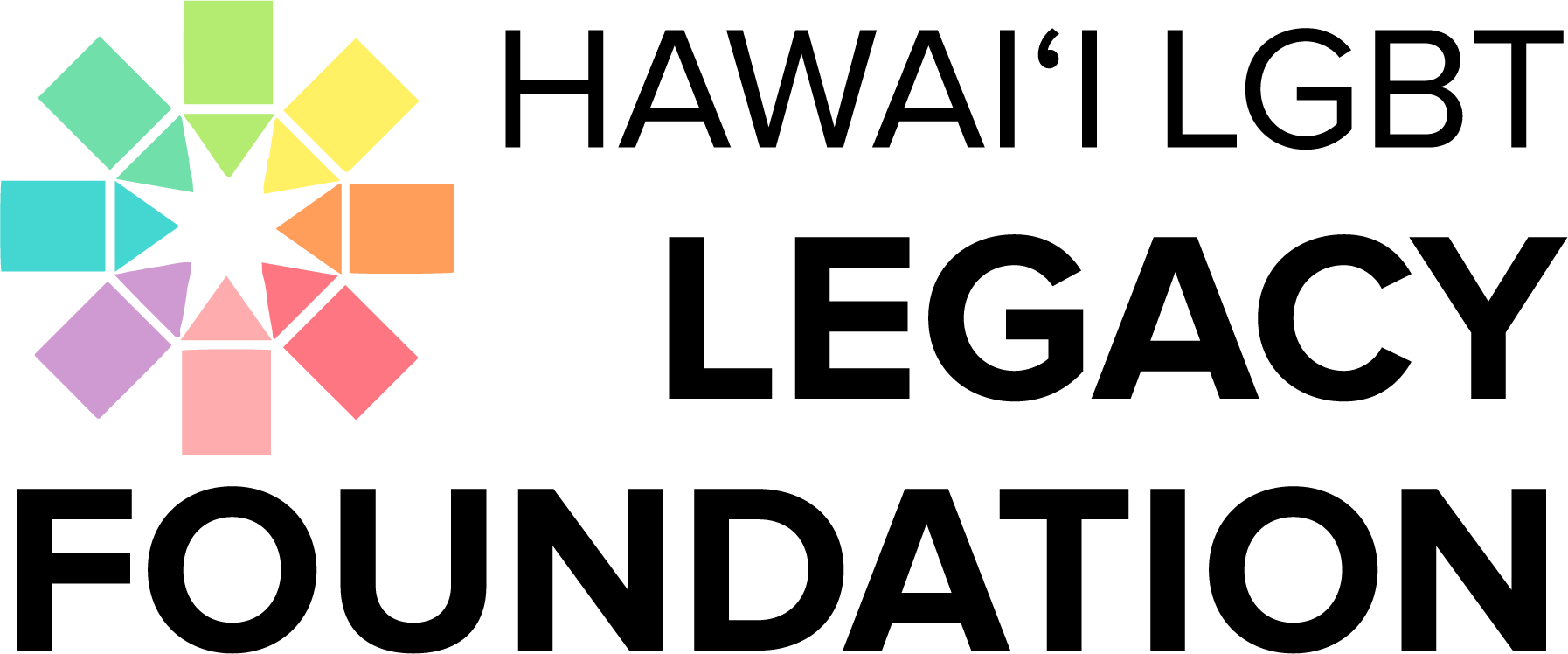A VISUAL STORY TELLING PROJECT BY MARIANA MONASI FROM PACHAMAMA CREATIVE CELEBRATING MOTHERHOOD IN ALL ITS FORMS. A PROJECT OF THE HAWAIʻI LGBT LEGACY FOUNDATION, PRESENTED BY CENTRAL PACIFIC BANK.
“Malia and I met while participating and lending our mAna and labor in 2019 at the Puʻuhonua o Puʻuhuluhulu. we were both asked to participate in a hard blockade and chain ourselves to the cattle guard on the MaunaKea access road. And so–never having really talked to each other–we spent 12 hours chained to each other…” — Jamaica

Jamaica (oia/she/they) and Malia (she/her) fell in love while defending Maunakea on the front line, back in 2019. Four years later, they met with Mariana on the beach on O’ahu, near their home, with their young daughter in their arms and their mauna (Mt. Ka’ala) in the background. As radical ‘oiwi wahine, they identify the importance of intersectionality in movement work, and share the ways that becoming makua has shifted their lives, outlooks and work.
“I always knew I was going to have a daughter. I had a dream about her. She came to me about 4 years before I met [Jamaica]. I gave birth in the house I was born and raised in. As I looked down on this beautiful baby who looked so ancient; I was so happy. And I was thinking that there was no kane in the picture.” — Malia
“Thatʻs the biggest thing that has changed with Malia since weʻve had Kaleiwohi; sheʻs super grace-forward. Which is interesting, because I didnʻt make that switch. I think itʻs helped to balance us out as a couple and as a family.” — Jamaica

“[Getting pregnant]…it was so exhausting. We have to be super intentional [and]…I feel like all these eyes are on me to produce this baby; the donor, his wahine… Other than that itʻs been really beautiful, practicing how to aloha someone, and how in ʻohana in these other ways that we always practiced, but had forgotten.” — Malia
“I think parenting in an era where itʻs like clear that weʻre living in an apocalypse is really…strange. I donʻt think my parents really worried on a day-to-day basis if thereʻd be water for their children. Or if the ocean was going to swallow Waikīkī…” — Jamaica
“We fear for our children; we really donʻt know what kind of world theyʻre going to grow up in. But I also really believe that one of the things that makes us powerful as oiwi people…is that we do have this radical hope and belief. [And] bringing and loving children into that world is an important part of living into that belief. — Jamaica

